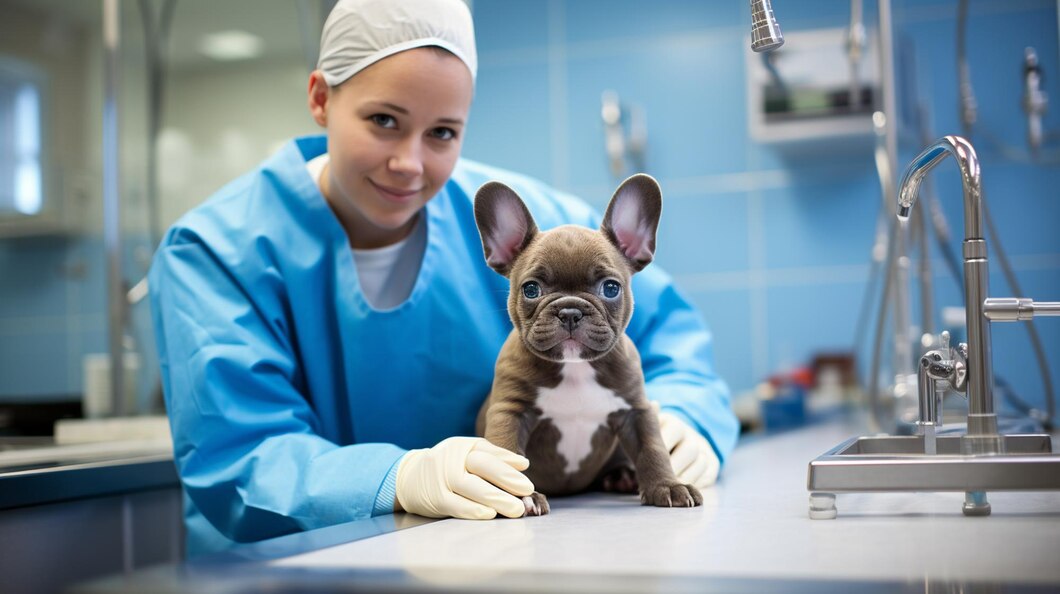Common Pet Surgeries and How to Prepare Your Pet - Bethel Pet Hospital


Common Pet Surgeries and How to Prepare Your Pet - Bethel Pet Hospital
When it comes to pet healthcare, surgery is sometimes a necessary step to ensure the well-being of your furry friend. At Bethel Pet Hospital, we understand that the prospect of surgery can be daunting. This guide aims to shed light on common types of pet surgeries and offer practical advice on how to prepare and care for your pet before and after the procedure.
Types of Common Pet Surgeries
- Soft Tissue Surgery
- Spaying and Neutering: These routine procedures prevent unwanted pregnancies and can reduce the risk of certain cancers and behavioral issues.
- Tumor Removal: Tumors can be benign or malignant. Removing them early can prevent the spread of cancer and improve your pet's quality of life.
- Foreign Body Removal: Pets, especially dogs, often ingest foreign objects that can cause blockages. Surgery may be necessary to remove these items safely.
- Orthopedic Surgery
- Fracture Repair: Pets can break bones due to accidents or falls. Surgical intervention ensures proper healing and alignment.
- Joint Surgery: Procedures like cruciate ligament repair are common in pets with joint issues, helping them regain mobility and reduce pain.
- Hip Dysplasia Surgery: This condition, prevalent in certain breeds, may require surgical correction to improve the pet’s quality of life.
Preparing Your Pet for Surgery
Preparation is key to a successful surgical outcome and a smooth recovery. Here are some steps you can take:
- Pre-Surgery Consultation:
- Medical History Review: Ensure the vet has a complete medical history of your pet, including any allergies, medications, and past health issues.
- Pre-Surgical Tests: Blood tests, X-rays, or ultrasounds may be necessary to evaluate your pet's overall health and identify any potential risks.
- Fasting Instructions:
- No Food or Water: Typically, pets should not eat or drink for 8-12 hours before surgery. Follow your vet’s specific instructions to avoid complications during anesthesia.
- Comfort and Safety:
- Create a Safe Space: Prepare a comfortable, quiet space for your pet to rest in before and after surgery.
- Transportation: Arrange safe and secure transportation to and from the veterinary clinic.
Post-Operative Care
Caring for your pet after surgery is crucial for their recovery. Here are some tips:
- Monitor Your Pet:
- Observe Behavior: Watch for signs of pain, discomfort, or unusual behavior. Contact your vet if you notice anything concerning.
- Check Incisions: Regularly inspect the surgical site for signs of infection, such as redness, swelling, or discharge.
- Follow Medication Instructions:
- Pain Management: Administer prescribed pain relief medications as directed by your vet.
- Antibiotics: If antibiotics are prescribed, ensure the full course is completed to prevent infection.
- Restrict Activity:
- Limit Movement: Keep your pet calm and restrict physical activity to allow proper healing. This may involve confining them to a small area or using a leash when outside.
- Use an E-Collar: An Elizabethan collar can prevent your pet from licking or biting the surgical site.
- Diet and Hydration:
- Offer Small Meals: Start with small, easily digestible meals and gradually return to their regular diet.
- Ensure Hydration: Make sure your pet has access to fresh water and stays hydrated.
- Follow-Up Appointments:
- Regular Check-Ups: Attend all scheduled follow-up appointments to monitor your pet’s recovery and address any concerns.
At Bethel Pet Hospital, we are dedicated to providing exceptional care for your beloved pets. If your pet needs surgery or you have any questions about the process, don’t hesitate to contact us at (786) 369-5513 or visit us at 15072 SW 72nd Street,Miami, FL 33193. Our experienced team is here to support you and ensure your pet’s health and happiness.




